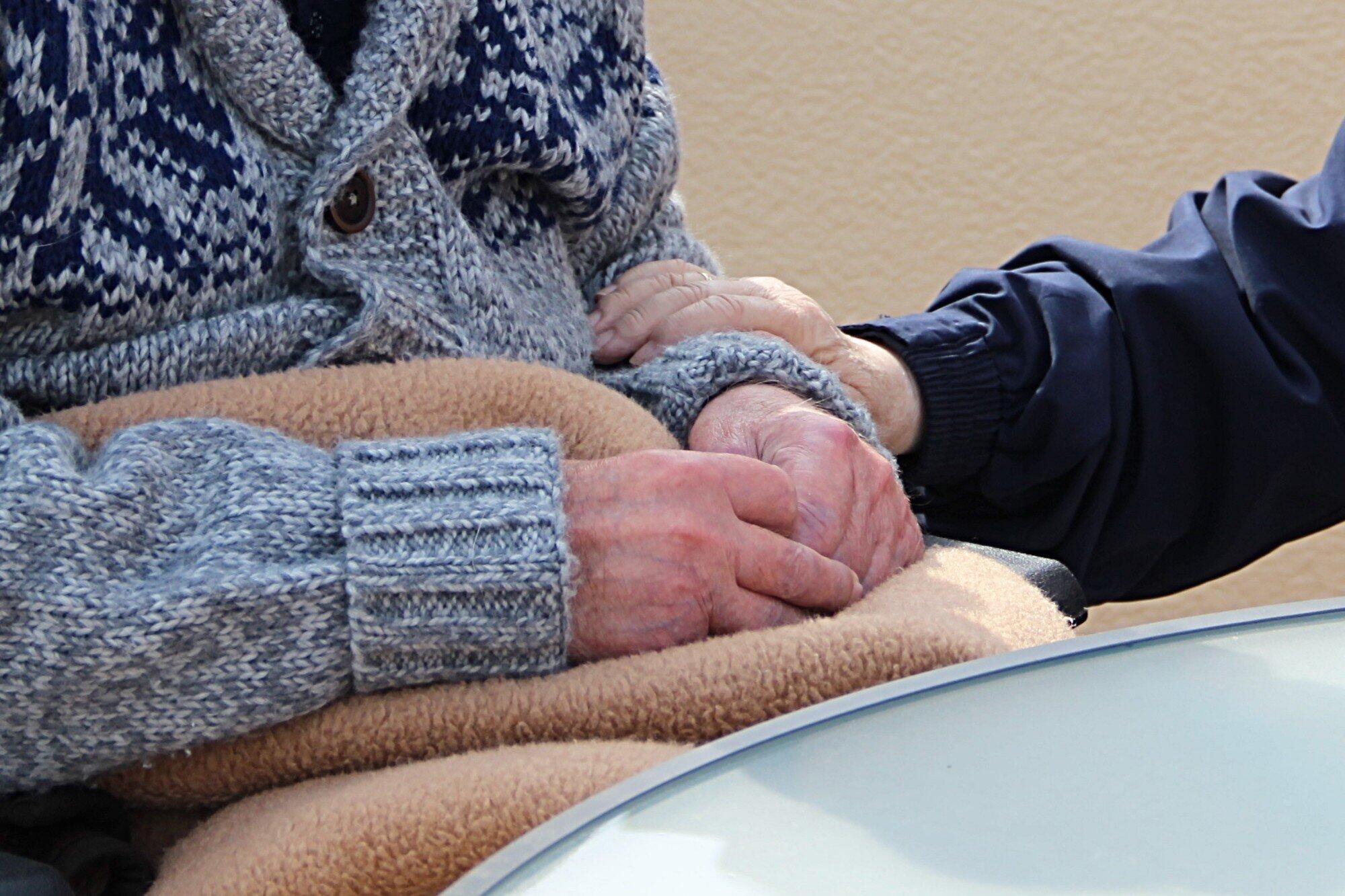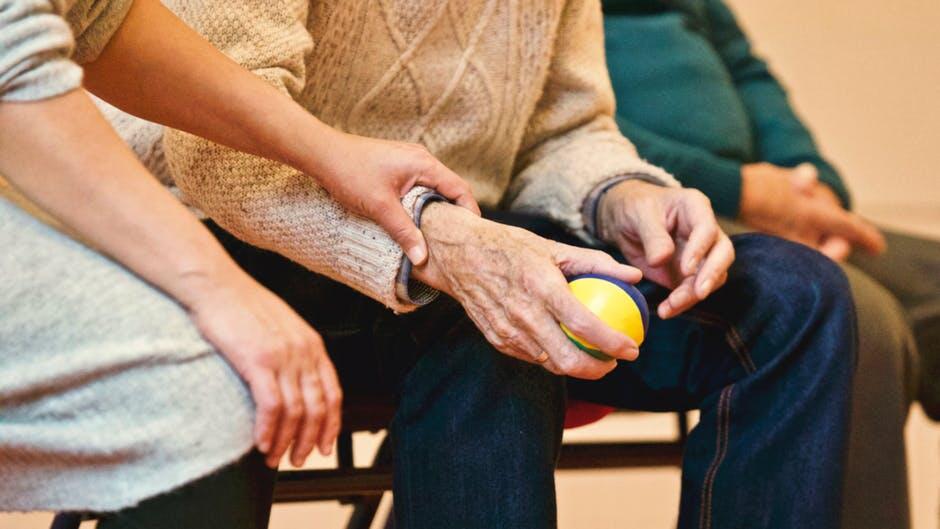
Breaking Down the Types of Abuse in Nursing Homes
We break down the different types of abuse in nursing homes and understand their implications. Learn how to take action against mistreatment.
Every year, over two million cases of elder abuse are reported. This issue is particularly rampant in nursing homes. When you make the difficult decision to place your loved ones in nursing homes, you trust that these facilities will provide a safe and caring environment.
Unfortunately, not all nursing homes live up to these expectations. Instances of abuse can occur, leading to physical harm, emotional distress, and sometimes even death. Understanding the different types of abuse in nursing homes can help you protect your loved one.
Abuse in nursing homes can manifest in different forms. Let’s break down some of the most prevalent types of abuse below.
Emotional Abuse
One of the most insidious forms of mistreatment in nursing homes is emotional abuse. It may manifest as:
- Shouting or yelling at the resident
- Giving threats
- Humiliating, shaming, or embarrassing the resident
- Mocking the resident’s disabilities
- Insulting or ridiculing them
- Trivializing their concerns
- Using hurtful language
- Isolating the resident from social activities
- Treating the patient as if they were a child
Emotional abuse can have severe consequences on your loved one’s mental health. If a resident is experiencing emotional abuse, they may become withdrawn, anxious, or depressed.
Our Team Is Here To Assist You Every Step Of The Way.
SPEAK TO AN ATTORNEY TODAYAbandonment
Abandonment is another form of abuse that can take a toll on elderly people in nursing homes. It occurs when caregivers neglect their responsibilities, intentionally leaving residents unattended.
If a resident is abandoned, you may notice changes in personal hygiene and sudden weight loss. Abandonment in the nursing home can also lead to premise accident claims.
Financial Abuse
Financial exploitation is a persistent issue in nursing homes. This type of abuse involves the unauthorized use or theft of an elderly person’s assets. It can include activities such as:
- Unauthorized withdrawals
- Signature forgery
- Manipulation of financial documents
At-risk individuals are often physically or mentally impaired elders. If your loved one is in a nursing home, ensure you monitor their bank accounts to recognize unusual behavior. Contact Adult Protective Services (APS) or local law enforcement if you suspect financial abuse.
Physical Abuse
Physical abuse involves any form of bodily harm inflicted on a nursing home resident. Forms of physical abuse may include hitting, pushing, or restraining.
Some caregivers may use other subtle forms of abuse, such as overmedication. Residents may be falsely diagnosed with mental health conditions to justify the administration of potent antipsychotics. This is often done to subdue residents, especially in understaffed and overwhelmed facilities.
Identifying physical abuse requires you to be keen on unexplained body injuries or bruising. If a resident displays signs of physical abuse, prompt legal action can prevent further harm.
Nursing Home Neglect
Neglect is a form of abuse characterized by the failure to provide adequate care to residents. This can include neglecting basic needs such as food, water, hygiene, or medical treatment.
Neglected residents may suffer from malnutrition, poor hygiene, or untreated medical conditions. Residents may face nursing home neglect due to understaffing or inadequate training.
Sexual Abuse
One of the most distressing forms of abuse in nursing homes is sexual abuse. This violation of personal boundaries can take various forms, including:
- Unwanted touching
- Molestation
- Rape
- Inappropriate sexual comments
Victims of sexual abuse may exhibit physical injuries or sudden changes in behavior. They may also suffer from sexually transmitted infections.
Taking Action Against the Different Types of Abuse in Nursing Homes
Nursing homes are meant to be places of care and safety for your loved ones. However, instances of mistreatment can occur. Here are crucial steps you can take to ensure your loved one is safe.
Recognize the Signs of Abuse
The first step in addressing abuse in nursing homes is being able to recognize the signs. Common signs of abuse or neglect include unexplained injuries, emotional withdrawal, and more.
Ensure you stay vigilant and observant of these signs. Regular visits to the nursing home will help you stay informed about your loved one’s well-being.
During these visits, observe any changes in behavior, physical condition, and interactions with staff. Your vigilance can help detect mistreatment early on and prevent further harm.
Communicate
Maintain open communication with your loved ones residing in the nursing home. Encourage them to share their experiences about their living conditions. Give them a safe space to express any concerns they may have.
Additionally, have transparent communication with the staff at the nursing home. It allows you to establish a positive relationship with caregivers, nurses, and administrators. This can help create a supportive environment for your loved one.
Educate Staff
Know the nursing home’s policies and procedures regarding resident care and safety. Take the initiative to educate staff members about the various types of abuse.
Establishing a partnership with the facility promotes a collaborative approach. This ensures the safety and well-being of all residents.
Build a Support Network
Creating a strong support network is essential when it comes to protecting your loved one. This network can include family members, healthcare providers, and legal professionals. They can offer guidance and assistance in addressing any concerns of abuse.
Report Suspected Abuse
If you suspect abuse or mistreatment, report it promptly. Notify the nursing home administration and relevant authorities, such as the long-term care ombudsman.
Additionally, if the situation warrants it, you can involve law enforcement. Timely reporting is essential for addressing the issue. It helps prevent further harm to residents.
Legal Action
In cases of severe abuse or neglect, consider consulting a qualified attorney. They can help you file a complaint with regulatory agencies. A lawyer will also help you pursue civil litigation against the nursing home and seek compensation for damages.
Fight Nursing Home Abuse With Dependable Legal Advocates
Understanding the types of abuse in nursing homes is vital for protecting the elderly. From emotional abuse to financial exploitation, abuse can negatively affect your loved one.
If your loved one has suffered from nursing home abuse, BDIW-Boettcher, Devinney, Ingle & Wicker- has got your back. Our law firm believes in more than just legal representation. We will advocate for justice and dignity of your loved one.
Feel free to get in touch with us for a free case evaluation.










